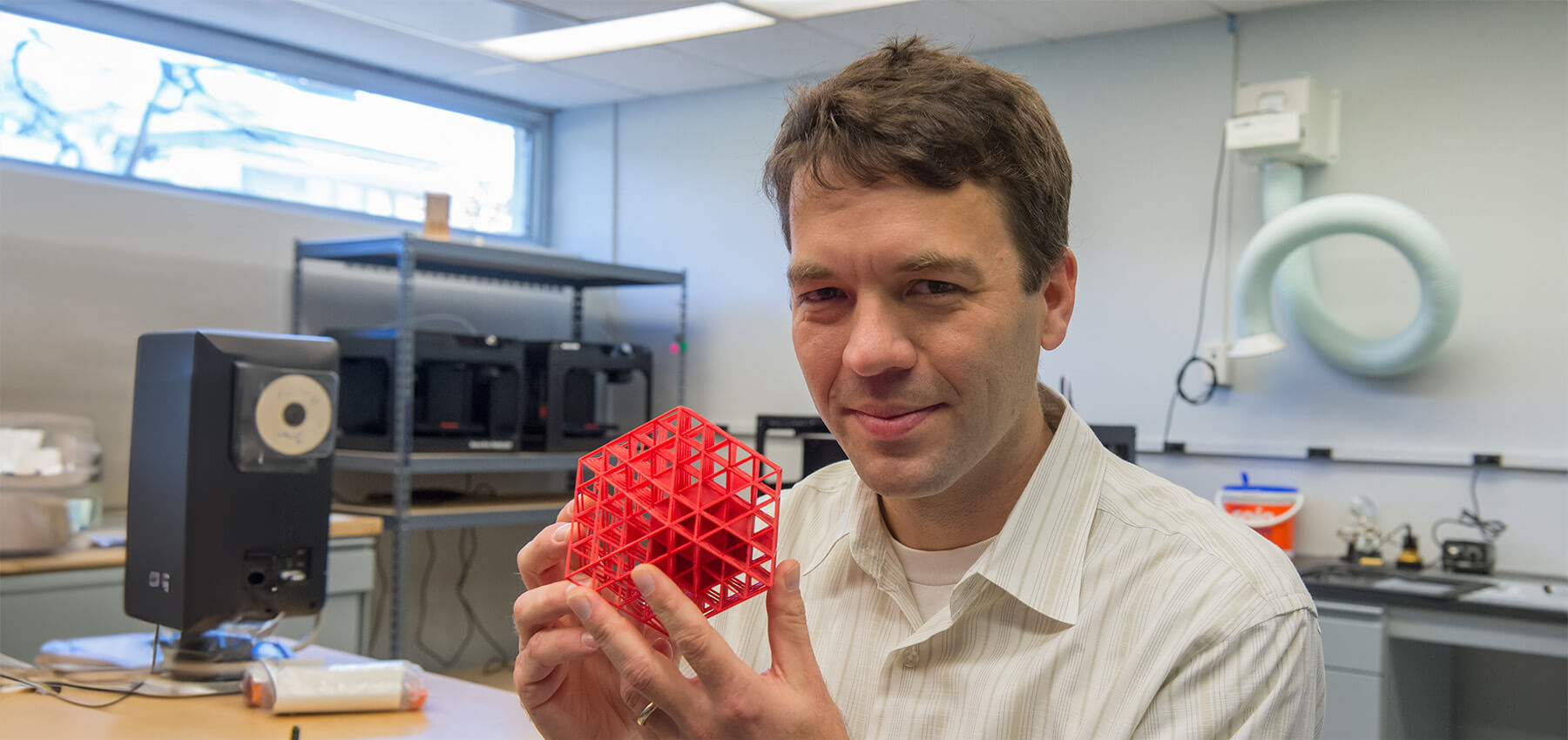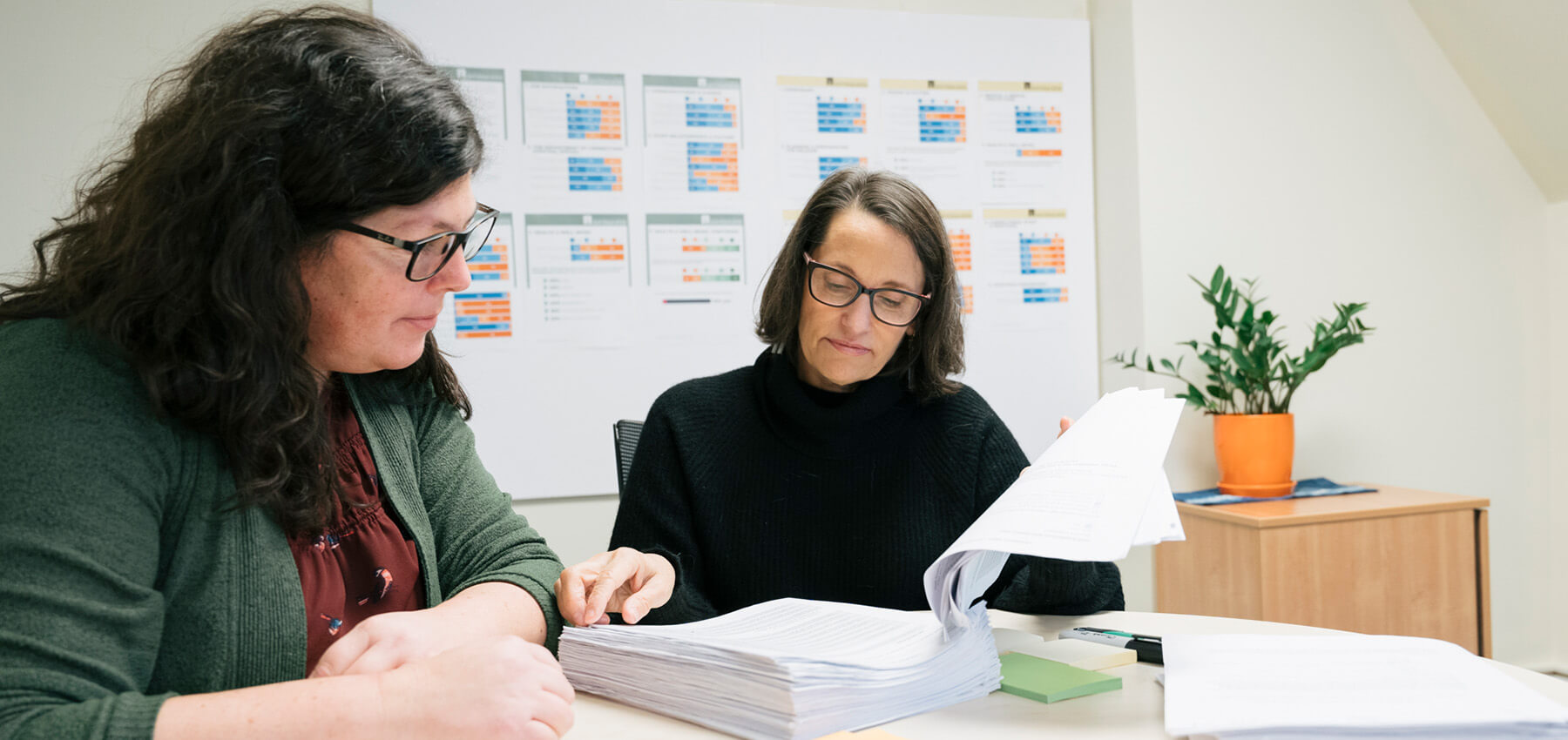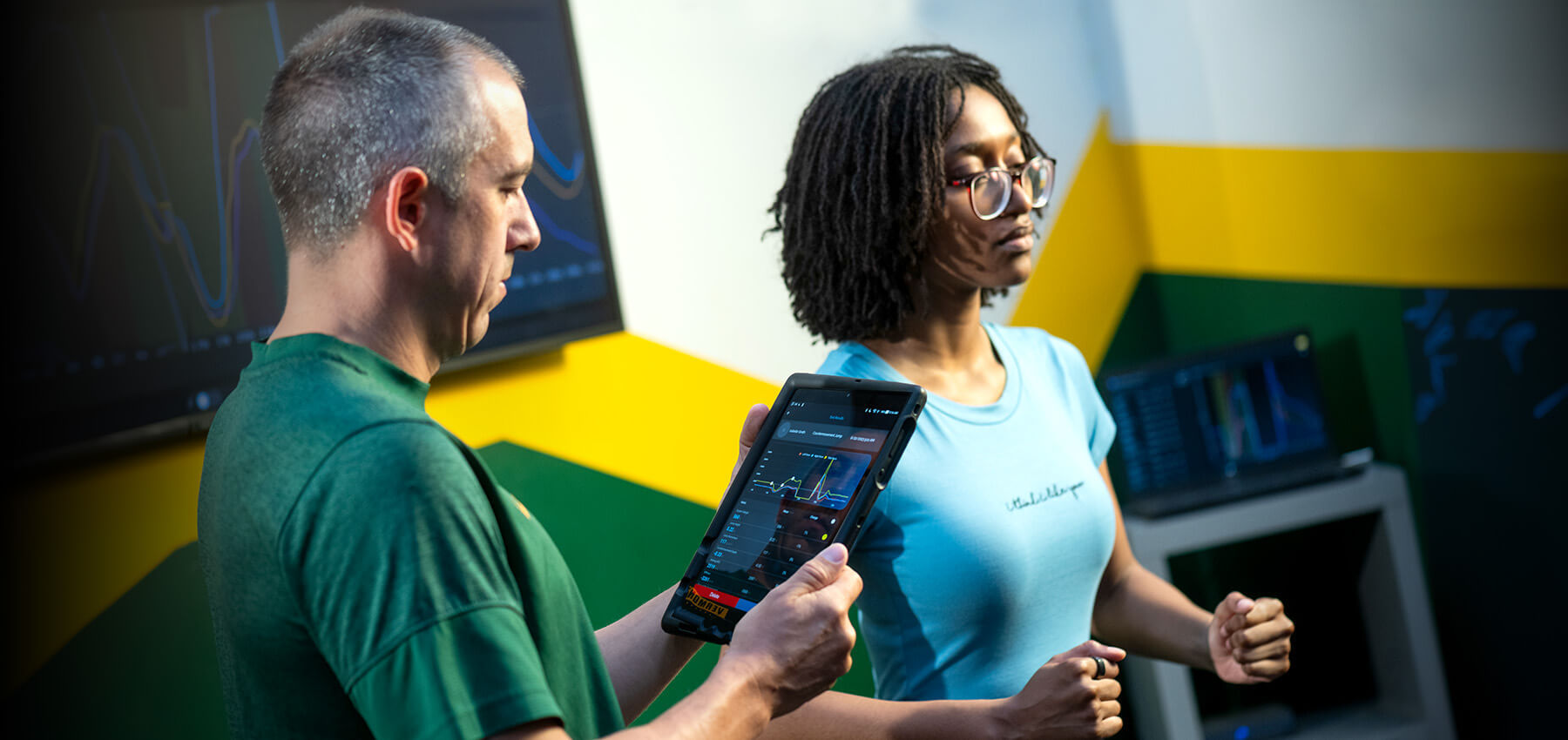Program Overview
The Department offers the degree of Doctor of Philosophy in Mathematical Sciences in three areas of concentration: Pure Mathematics, Applied Mathematics, and Statistics. This document focuses on the first two: Pure and Applied Mathematics. A reference to a document on the PhD degree in Statistics is found in the next paragraph. Research interests of the Mathematics faculty include: algebraic geometry, algebraic and computational topology, arithmetic geometry, combinatorics/graph theory, complex systems, computational social science, Fourier/harmonic analysis, logic, mathematical cryptography, network science, number theory, topological data analysis, biomathematics, fluid mechanics, numerical methods for, and analytical theories of, partial differential equations.
The Department also supports Master’s degree programs in Mathematics, Statistics, and Biostatistics as well as Doctoral and Master’s degree programs in Complex Systems and Data.
Ph.D in Mathematical Science (UVM Catalogue)

Why choose UVM?
- Our Department is large enough to offer classes and research experiences in a broad range of mathematical subjects, while small enough to give students ample opportunity to interact with our active research faculty.
- We offer a variety of graduate classes, as well as flexible independent studies. For example, graduate students take classes in:
- Applied mathematics: complex systems, differential equations, Fourier analysis, mathematical modeling, mathematical biology, numerical analysis,…
- Pure mathematics: algebra, real/complex analysis, combinatorics, cryptography, geometry, number theory, algebraic and computational topology, topological data analysis, …
- We have a regular Department Colloquium and regular seminars, such as the Combinatorics Seminar and the Quebec-Vermont Number Theory Seminar, as well as seminars in related departments, such as complex systems, computer science, engineering, physics and statistics.
- Burlington, Vermont has been ranked as a top college town by the New York Times.


